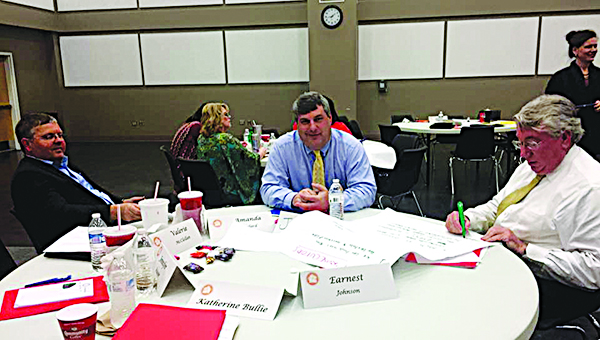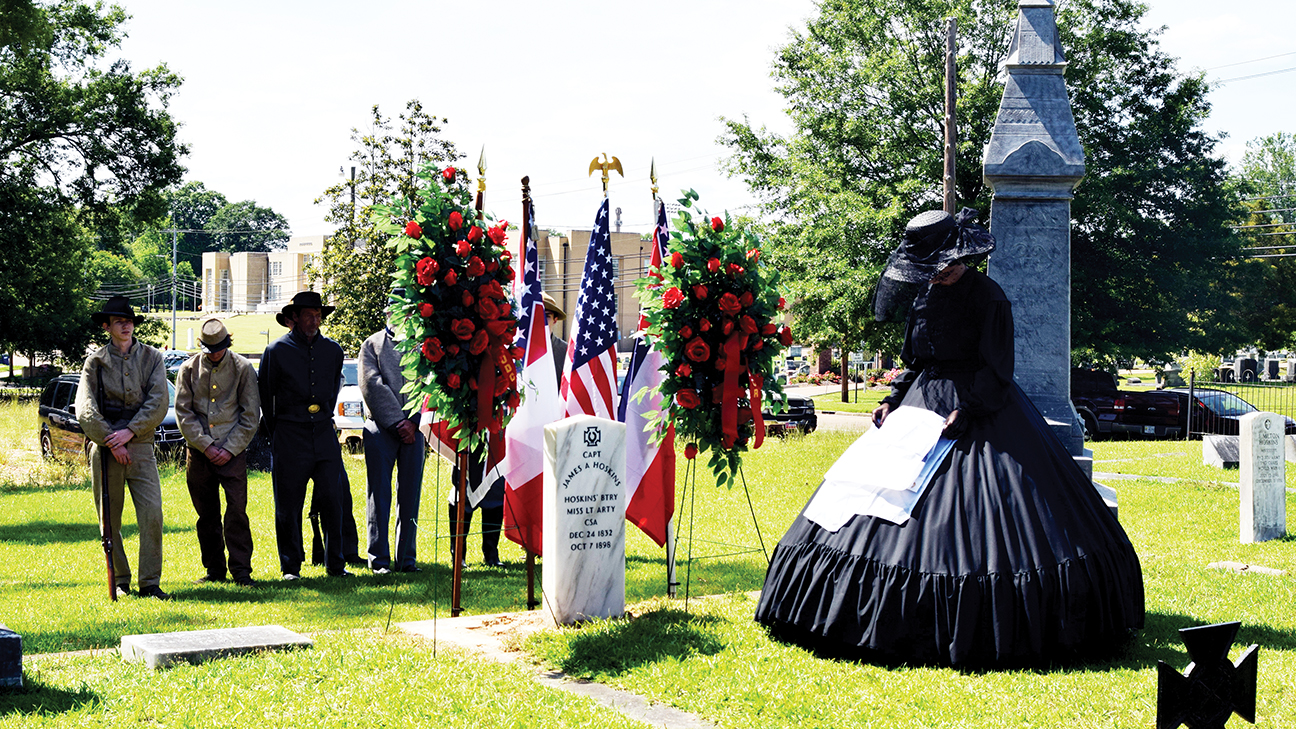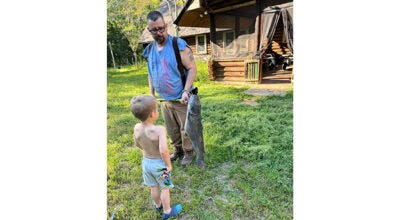Children Advocacy Centers hosts training
Published 10:40 am Thursday, February 4, 2016

Photo submitted by Kim Walley / (From left) Mark Holmes, Youth Court prosecutor Walthall County, and Dee Bates, District Attorney of 14th district participate in CAC training session.
Area law enforcement personnel, social workers, prosecutors and medical providers this week learned better ways to collaborate when investigating child abuse cases.
The Children’s Advocacy Centers of Mississippi hosted a training session to strengthen the multi-disciplinary teams who respond to child abuse cases. The training was conducted at the Southwest Mississippi Community College workforce center Tuesday.
The CAC of Mississippi serves as the membership organization for nine child advocacy centers around the state. Law enforcement, social workers, prosecutors and medical and metal health service personnel from Lincoln, Hinds, Adams, Pike, Forrest and Walthall counties attended the training.
Executive Director of the CAC of Mississippi, Karla Steckler Tye, said the foundation of child advocacy centers starts by working collaboratively with their multi-disciplinary team and community to respond to a child abuse case.
“It is imperative that all those team members work together in collaboration to investigate a case of child abuse when there is a allegation,” Tye said. “They are there to insure that it moves through the system to prosecution, but also to ensure the well-being of the child.”
Training for multi-disciplinary groups began a year ago as a statewide project when CAC of Mississippi recognized the need for more in-depth instruction, Tye said.
“We recognize the importance of these multi-disciplinary teams and wanted to be able to strengthen those teams around the state,” Tye said. “In listening to our CAC membership, we heard that this was a need.”
Tye said that multi-disciplinary teams have been in existence for a long time, but they tend to become stagnant when challenges arise that change circumstances.
“We want to be the most up-to-date in response to child abuse cases around Mississippi,” Tye said. “We hope this will help do that.”
The multi-disciplinary groups worked to identify individual issues and brainstorm solutions during the training, Tye said.
“Today, we talked a lot about the collaborative model, and then they identified specific strengths and challenges within their community’s response to child abuse cases, and then they identified solutions to move forward.”
The collaborative model means that each entity within the multi-disciplinary team will collaborate on a child abuse case to avoid overlap in the investigation, Tye said.
“Years ago, this was not the response that we had, because everybody stayed in their own lanes,” Tye said. “Law enforcement did their thing, social workers did their thing, everybody investigated separately. The problem with that you had families and children that were being juggled from the law enforcement agency to the social workers office to the medical provider to the mental health personnel. This model brings all of those team members together to work in conjunction with each other, instead of the family going to each of those individual professionals. That’s what was resulting in kids being interviewed multiple times.”
Tye said the trainings are a success based on what the people attending do with the information learned.
“We have some amazing investment from professionals around the state that respond to child abuse cases,” Tye said. “This is extremely difficult work and I have to commend anybody who has this commitment to providing the most up to date and effective response for children who’ve been abused.”
“We have some ongoing trainings and we will continue to work with our multi-disciplinary team facilitators so this work doesn’t just stop today, but it continues on out within their own communities,” Tye said.





